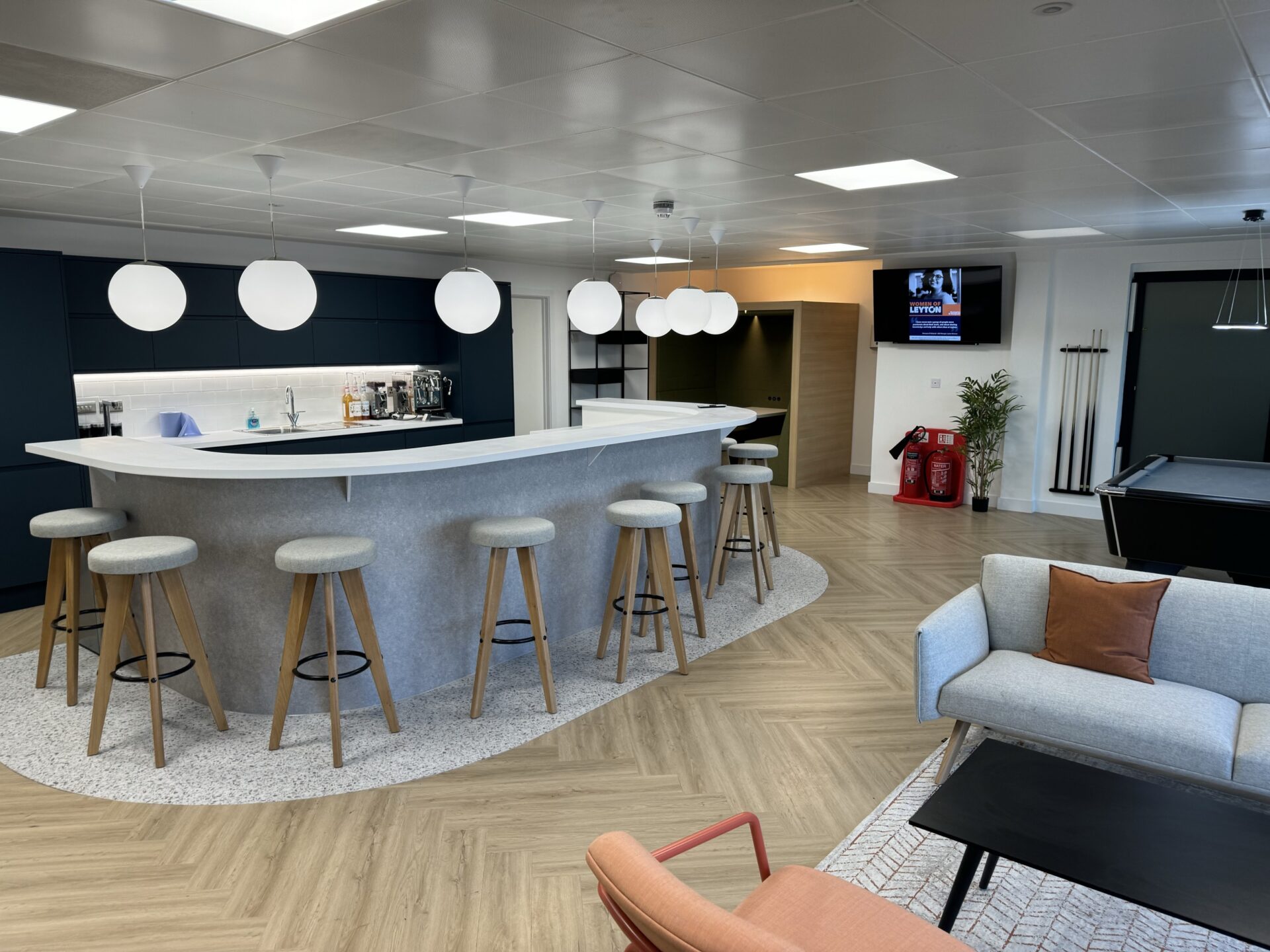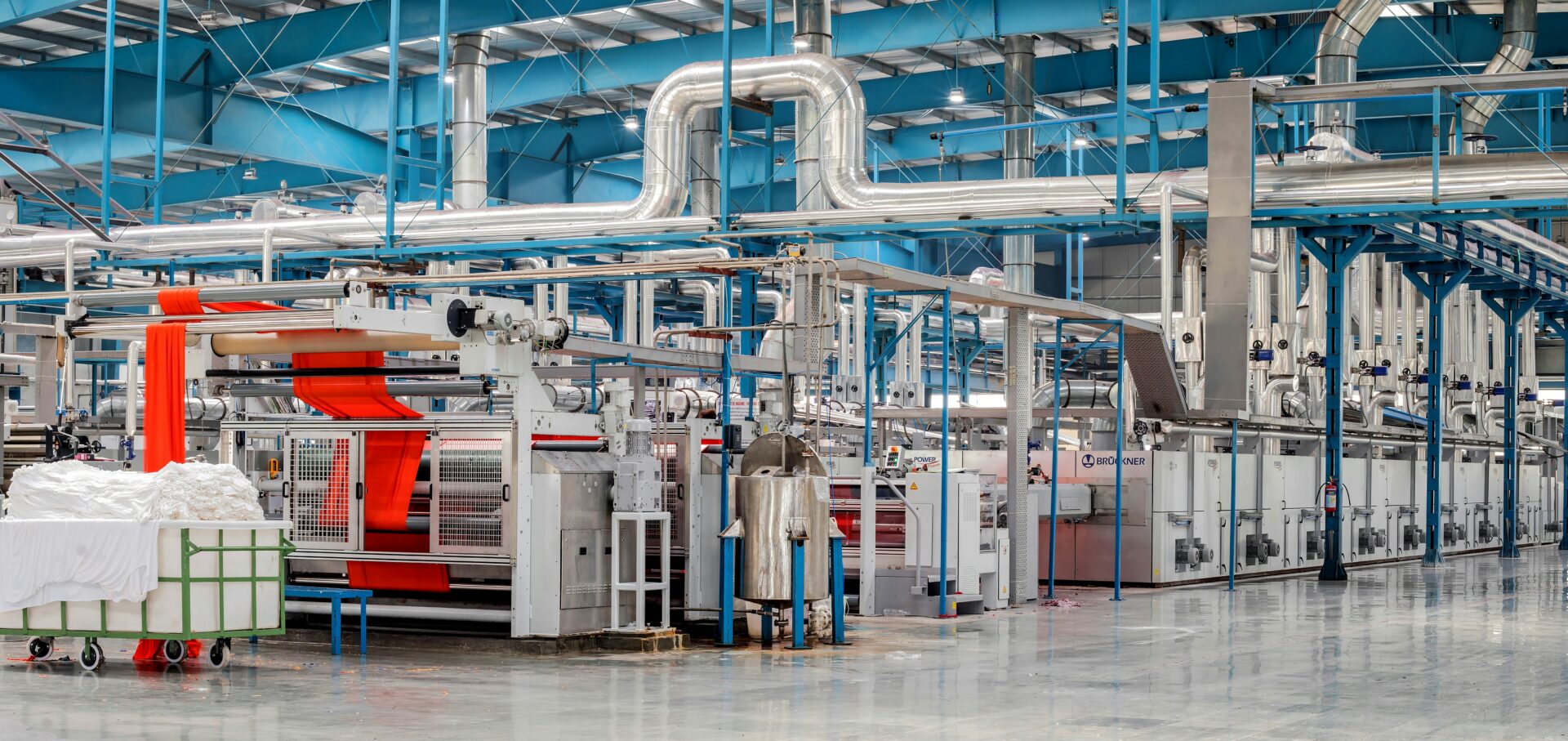Supporting working mums at Leyton UK
Even in the best of circumstances, we know that it can be challenging to balance a successful car...

12 months ago, the Chancellor of the Exchequer, The RT Hon Rishi Sunak MP, announced the introduction of the capital allowances “super-deduction” scheme. The super-deduction scheme is a two-year temporary first year allowances for certain qualifying capital assets, available to businesses within the charge to corporation tax.
As it is just 12-months to the end of the super-deduction scheme, this article discusses the need to maximise the cash saving opportunities that the scheme presents, before the curtain is drawn. This article also looks beyond the current tax relief landscape to similar measures that may be introduced to further incentivise UK businesses to invest in capital assets.
This article will be particularly useful to those in finance and capital decision making roles, or businesses planning a capital project or property acquisition.
The super-deduction scheme is a form of capital allowances tax relief. For more details on capital allowances please click here.
The super-deduction scheme introduced in Finance Bill 2021 to amend Part 2 Capital Allowances Act 2001, is a two-year temporary first year allowances (FYA) for certain qualifying capital assets in the form of plant and machinery. The scheme was announced on 03 March 2021 and is only available to businesses within the charge to corporation tax.
Qualifying conditions
To qualify for super-deduction, the capital expenditure in respect of plant and machinery need to meet the following general conditions:
Benefit
The super-deduction provides 130% first year deduction in respect of qualifying main pool items. There is no upper limit on the level of spend, therefore, for every £1,000 invested on qualifying capital asset, £1,300 will be deductible from business profit. This will equate to tax cash saving benefit of £247 or 24.7%.
Alongside the 130% super-deduction on main pool items, the government additionally allows 50% first-year deduction in respect of special rate pool items. This 50% deduction is therefore known as special rate (SR) allowances
Considerations
Following an amendment to the original structure of the scheme, the restriction on assets purchased for leasing no longer includes background plant and machinery in buildings. Additionally, there is a distinction between assets for leasing and assets for the provision of services. For example, the former may relate to hiring a crane, whilst the latter may relate to the supply of a crane along with operator to operate the crane. Also, assets used within a ring-fence trade in the oil and gas sector are excluded from the super-deduction.
Apportionment of the allowances will be required in respect of accounting periods that straddle the start or end date of the super-deduction. Additional considerations need to be made in relation to disposal of the asset in respect of which super-deduction has been claimed. It is expected that a balancing charge will arise when the asset is disposed.
If claiming super-deduction puts a company in a loss-making position for tax purposes, or if it increases existing losses, a carry back of losses to a prior profitable period may be possible. This may result in a tax refund due to overpayment in that prior period. A carry forward of losses to reduce tax liability in a future profitable period may also be possible subject to loss restrictions.
Since the 130% first year deduction effectively provides almost 25p tax cash saving for every £1 spent during the current 19% CT rate regime, the super-deduction is designed to incentivise businesses not to defer their capital expenditure until when the 25% Corporation Tax rate kicks in as expected from 1 April 2023. It would therefore appear as though the government has no intention to extend the super-deduction scheme beyond its planned end date.
If the scheme is not extended, it would not be surprising to see that another equally beneficial measure will be annouced. At the annual Mais lecture held at the Bayes Business School on 24 February 2022, the Chancellor Rishi Sunak, talked about the three key priorities – “Capital. People. Ideas.” He mentioned that “capital investment by UK businesses averages just 10% of GDP, considerably lower than the current OECD (Organisation for Economic Co-operation and Development) average of 14%”.
Compared with other countries, the tax treatment allowable in the UK for capital assets is minimal. The Chancellor furthermore hinted on prioritising cutting taxes on business investment. So, watch this space. This does not imply deferring planned investment in capital assets, rather it is important to maximise the cash saving opportunity of the super-deduction whilst there is still time, in readiness to benefit from additional tax relief that is expected to be announced by the government.
We are a global consulting firm which helps businesses leverage financial incentives to accelerate their growth and achieve long lasting performance.
With a multifaceted skillset comprising of construction, engineering, surveying, accounting and tax advisory, our dedicated capital allowances team is uniquely placed to apply their technical expertise and experience in identifying qualifying capital expenditure in order to maximise the potential benefit of the super-deduction to businesses. This subsequently leads to valuable cash tax savings and improved business cash flow.
We provide a whole development lifecycle capital allowances advice from planning to design, construction, occupation and subsequent disposal or sale.
In summary, the tax cash saving benefit of super-deduction means that businesses have a really good incentive to go ahead with, or bring forward their capex projects within the next 12 months.
Are you planning to, or have you already incurred any commercial building or large-scale industrial and engineering plant related capital expenditure which may fall under any of the following categories?
New construction | Refurbishment works | Fit-out works | Buying buildings
Please let us know as our capital allowances team of qualified specialists with diverse experience and multidisciplinary construction and financial skills, can leverage on their expertise to unlock and maximise tax cash saving benefits and improve your business cash flow.
The content of this article is based on the understanding of the capital allowances legislation and HMRC guidance in existence at the time of this article.
Contact us to learn more
Explore our latest insights

Even in the best of circumstances, we know that it can be challenging to balance a successful car...

Small and Medium-sized enterprises (SMEs)are the lifeblood of innovation in the UK. We’ve dived i...

Full expensing is a first-year allowance that allows businesses to reduce their tax liability and...

To help businesses understand if their work qualifies for R&D Tax Relief and to make sure tha...